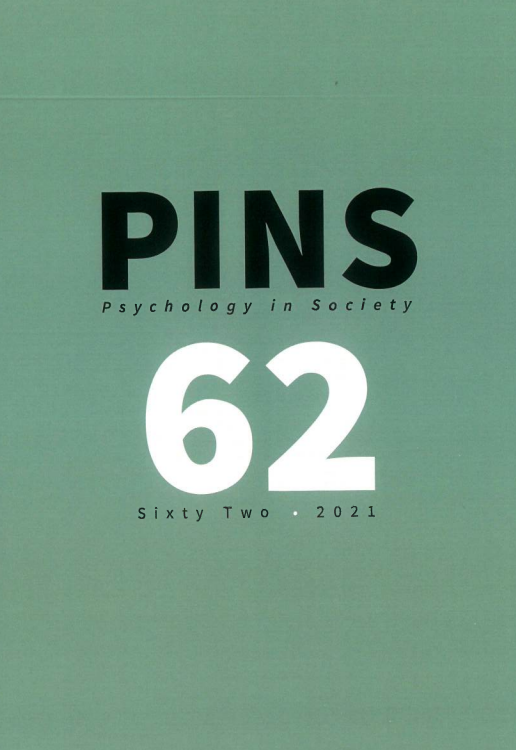From apartheid to empire: How (post)apartheid South Africa became an anti-poor black society
DOI:
https://doi.org/10.57157/pins2021Vol62iss1a5584Keywords:
South Africa, Frantz Fanon, ANC, Neoliberalism, Empire of Capital, Disposability, ViolenceAbstract
Using psycho-political analysis as a method of seeing and interpreting, this essay meditates on why and how Frantz Fanon’s observation that ‘the Black is not a [hu]man’ is true in (post)apartheid South Africa. In particular, the essay is concerned with the histo-political circumstances that make Fanon’s observation true for poor black people. And to this end, the essay argues that local and international white-monopoly capital orchestrated a psycho-political defeat and co-option of the ANC well ahead of the 1994 democratic elections. Consequently, South Africa transitioned from apartheid into recolonisation as a satellite of the empire of capital thus, closing all prospects of a decent and dignified life for poor black people. Using a newspaper article as an illustrative example, the essay analyses the lived experience of poor black people as a consequence of the ANC’s psycho-political defeat and custodianship of capital imperialism in South Africa. In this, the essay shows the violence of the ANC government on poor black people and the fate of the latter as a disposable population of the empire of capital.
Downloads
Published
How to Cite
Issue
Section
License
This journal is an open access journal, and the authors' and journal should be properly acknowledged, when works are cited.
Authors may use the publishers version for teaching purposes, in books, theses, dissertations, conferences and conference papers.
A copy of the authors’ publishers version may also be hosted on the following websites:
- Non-commercial personal homepage or blog.
- Institutional webpage.
- Authors Institutional Repository.
The following notice should accompany such a posting on the website: “This is an electronic version of an article published in PINS, Volume XXX, number XXX, pages XXX–XXX”, DOI. Authors should also supply a hyperlink to the original paper or indicate where the original paper (http://www.journals.ac.za/index.php/pins) may be found.
Authors publishers version, affiliated with the Stellenbosch University will be automatically deposited in the University’s’ Institutional Repository SUNScholar.
Articles as a whole, may not be re-published with another journal.
The copyright of the article(s) lies with the author(s).
The copyright of the journal lies with PINS-psychology in Society.
The following license applies:
Attribution CC BY-NC-ND 4.0 - https://creativecommons.org/licenses/by-nc-nd/4.0/

